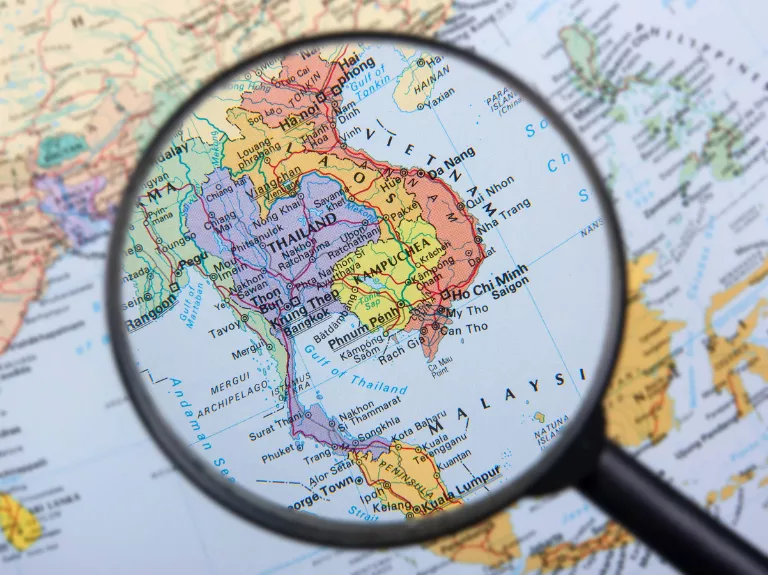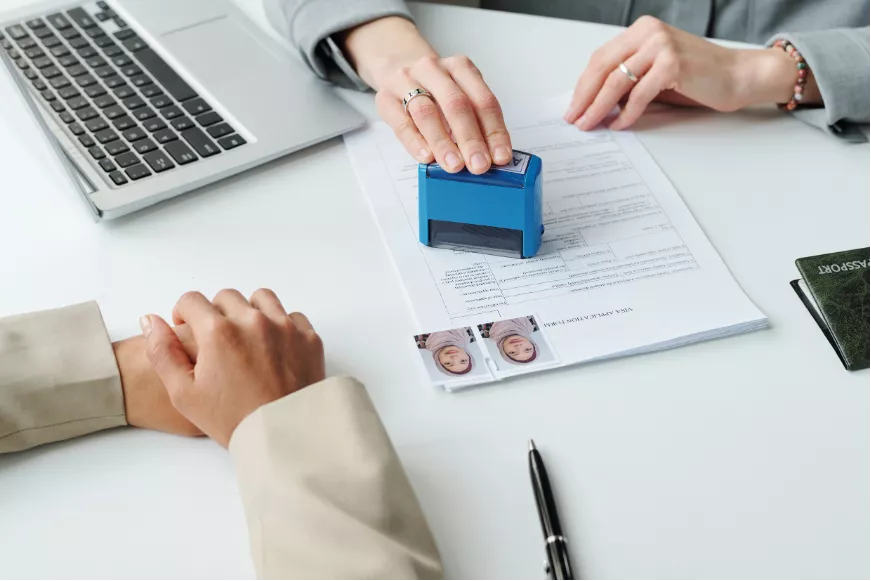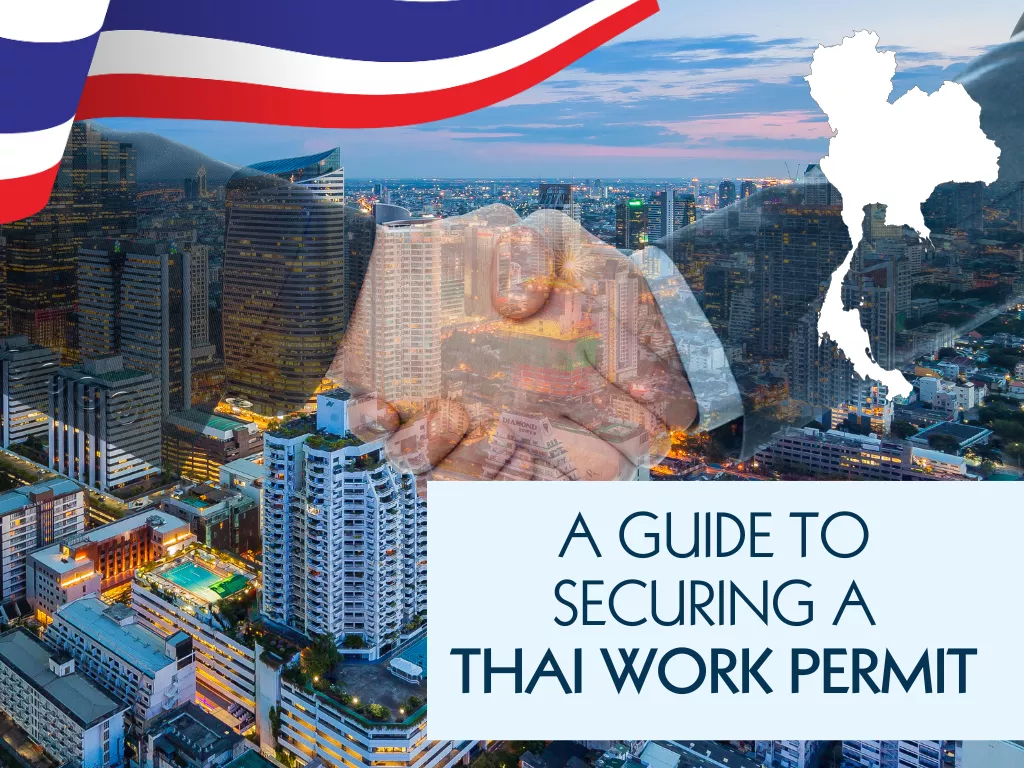The TM30 form, officially known as the “Notification from House-Master, Owner or the Possessor of the Residence where Alien has Stayed,” has recently become a topic of significant discussion among foreigners residing in Thailand. This renewed focus comes as Thai Immigration has tightened enforcement of certain regulations that affect expatriates.
What is the TM30 Notification?

The TM30 notification is a legal requirement that mandates landlords (housemasters, possessors, or managers) to report the presence of a foreigner (non-Thai national) staying on their property. Although the TM30 regulations have been in place since the Immigration Act of 1979, recent efforts by the Thai government to enforce these rules more strictly have brought them to the forefront. This notification is now a prerequisite for processes like 90-day reporting and visa extensions.
Legal Basis
According to Section 37 of the Immigration Act, B.E. 2522 (1979), foreigners residing in Thailand must notify the local police if they travel to another province for more than 24 hours. This stipulation adds another layer of bureaucracy for foreigners, even for short trips within the country, alongside the TM30 reporting requirements.
Purpose of the TM30 Notification
The main goal of the TM30 notification is for the Thai government to maintain accurate records of the whereabouts of all foreigners in the country. This requirement applies to all hosts, whether they are Thai nationals or foreigners. The government’s intent is to enhance monitoring and control, making it difficult for individuals who overstay or have other legal issues to evade detection.
Who is Responsible for TM30 Notification?
The responsibility for filing the TM30 notification falls on the host, which could be the landlord, hotel, or service apartment manager. Failure to report a foreigner’s stay can result in fines ranging from 800 THB to 1,600 THB. Despite this, the burden of ensuring compliance often also impacts the tenant, especially when dealing with immigration services.
Foreigners frequently need to show a TM30 receipt for 90-day reporting, visa extensions, and even for certain services like medical insurance claims. Immigration officials may vary in their enforcement, but having the TM30 slip can prevent complications.

Reporting the TM30
For Foreigners:
- A copy of your passport (photo page)
- A copy of the visa page in your passport
- A copy of the departure card (or its number noted on the passport copy)
For Landlords:
- A copy of the property’s title deed
- A copy of the rental contract
- A copy of the landlord’s ID card or passport
If a property manager handles the TM30 filing on behalf of the landlord, an authorization letter with tax office stamps is required.
After Reporting
Once the TM30 notification is filed, the landlord will receive a stamped return slip. This receipt is crucial for the tenant, as it is often needed for interactions with Thai Immigration, such as visa extensions and other reporting requirements.
Conclusion
Navigating the TM30 notification process can seem daunting, but understanding its requirements and responsibilities can ease the process. For expert assistance and comprehensive guidance on TM30 notifications and other immigration matters, contact ATP Visa Services. We are here to help ensure your stay in Thailand is compliant and hassle-free.


